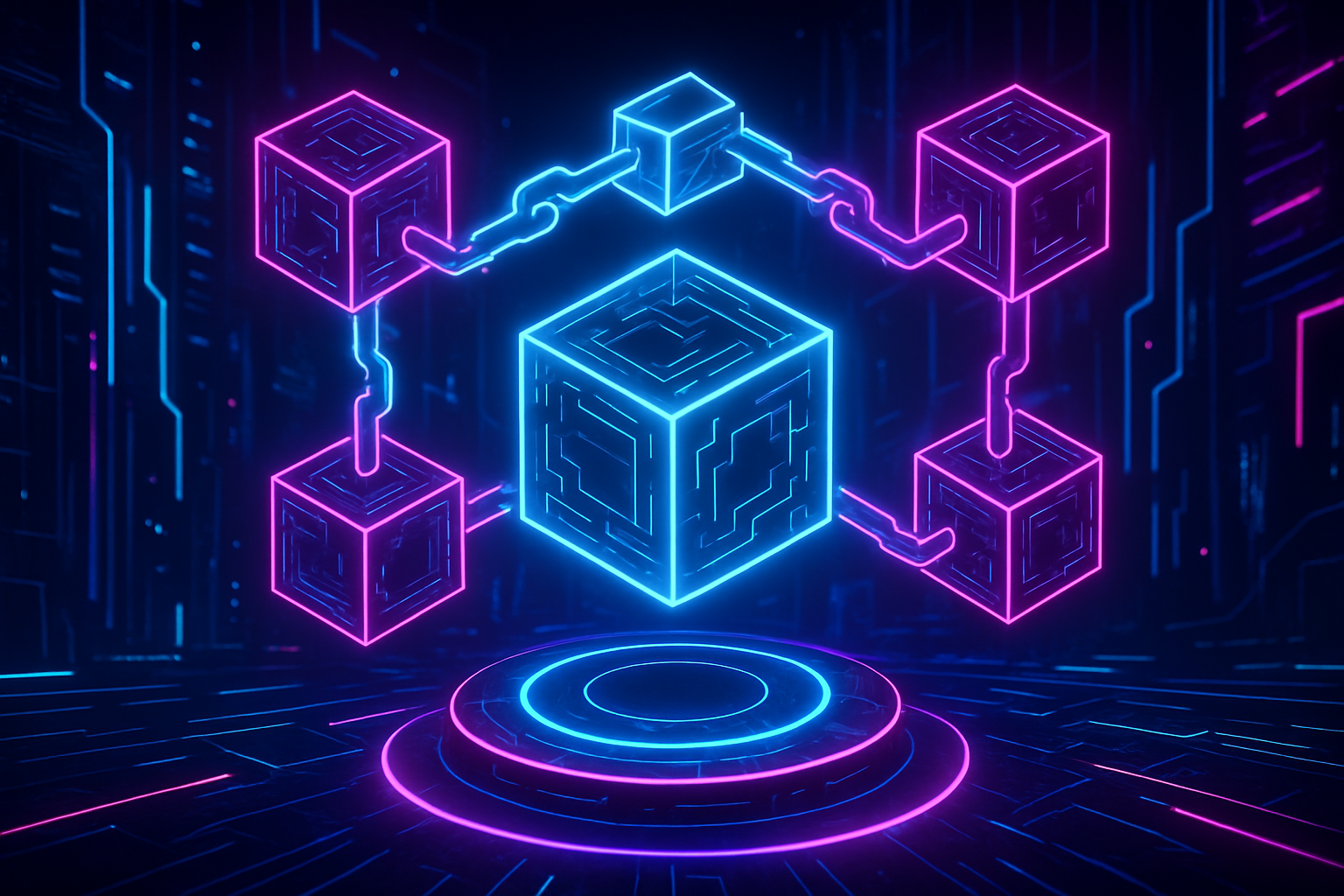
Blockchain gaming has long promised transparent, player-owned economies and provable fairness, but it’s been hamstrung by two persistent bottlenecks: high transaction costs and sluggish on-chain execution. Enter ephemeral rollups: a breakthrough scaling architecture pioneered by MagicBlock that is reshaping what’s possible for zero-fee blockchain gaming and real-time decentralized applications.

Why Traditional Blockchains Fall Short for Gaming
For fully on-chain games, where every move, asset transfer, or combat action is recorded immutably, performance matters. Mainnet blockchains like Ethereum or even Solana struggle to deliver the sub-100ms latency that competitive gamers expect. Worse still, gas fees can make micro-interactions prohibitively expensive, stifling innovation in game design and player engagement.
This is where ephemeral rollups shine. By spinning up temporary execution environments parallel to the main chain, they compress hundreds or thousands of player actions into lightning-fast bursts. These are then settled back to the main chain for security and composability, without the user ever feeling the drag of consensus overhead or paying a fee per click.
How Ephemeral Rollups Deliver Zero-Fee, High-Speed Play
The technical secret behind ephemeral rollups lies in their architecture:
Top Benefits of Ephemeral Rollups in Blockchain Gaming
-
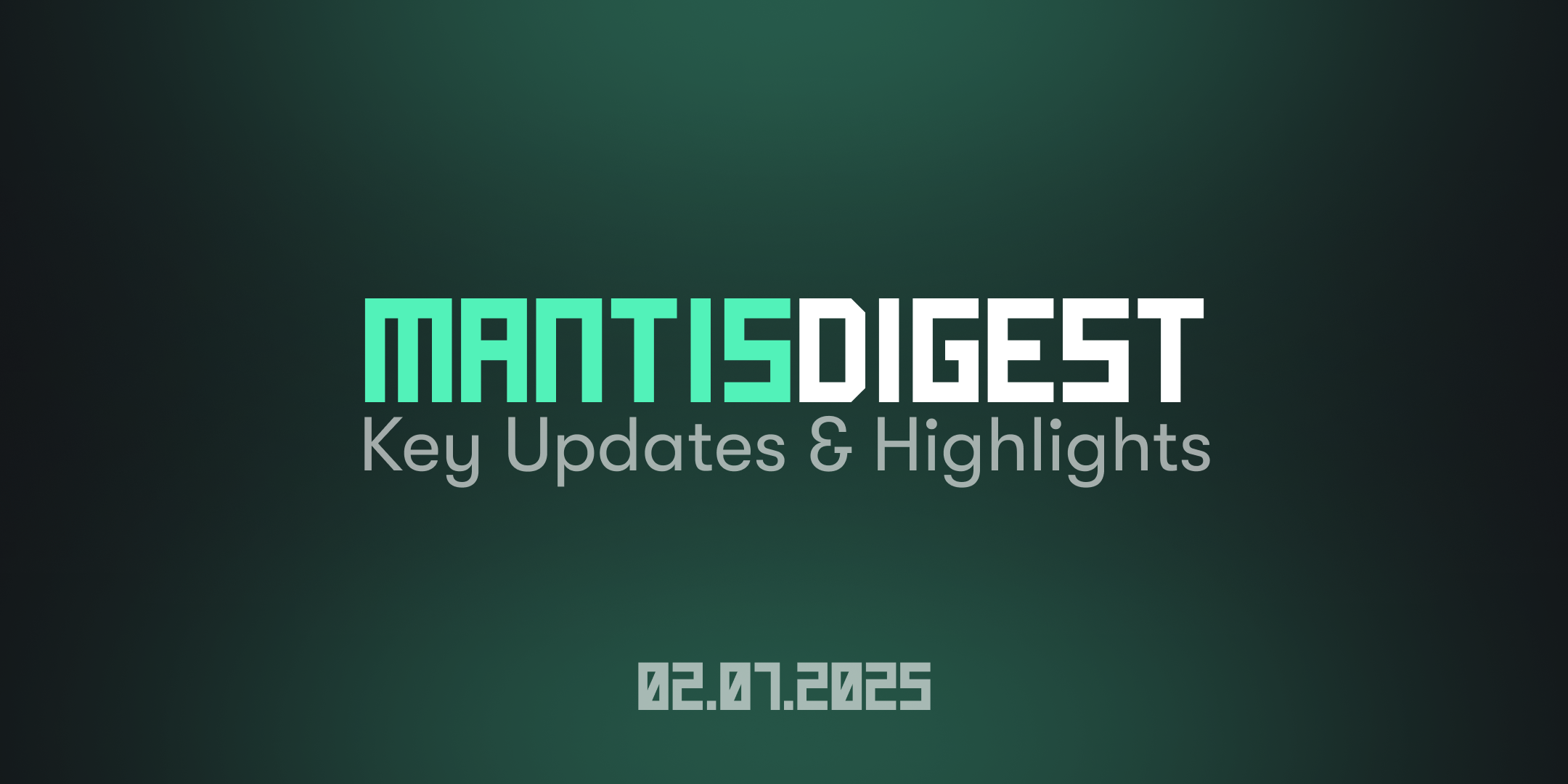
Ultra-Low Latency Gameplay: Ephemeral rollups enable end-to-end latencies below 50 milliseconds globally, delivering the real-time responsiveness essential for competitive and immersive on-chain gaming experiences.
-
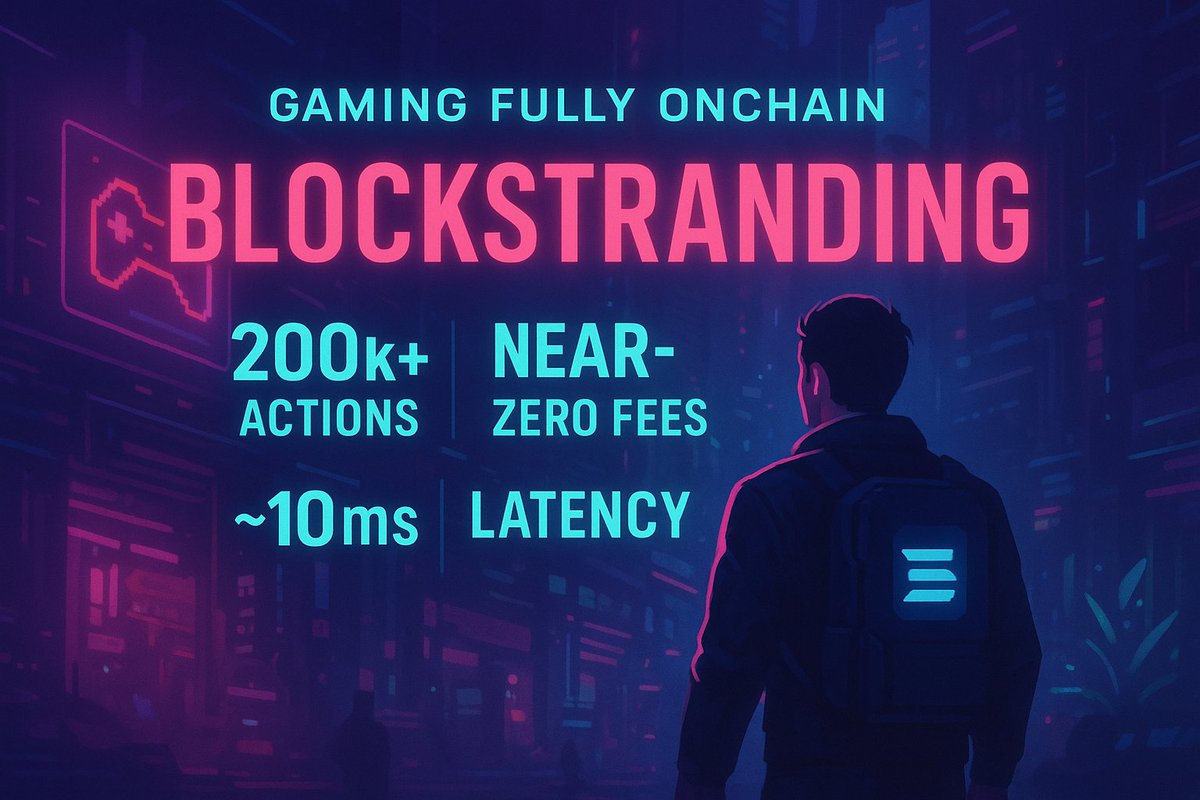
Near-Zero Transaction Fees: By compressing execution into ephemeral bursts, platforms like MagicBlock allow for gasless or near-zero fee interactions, making high-frequency in-game actions economically viable for players and developers.
-
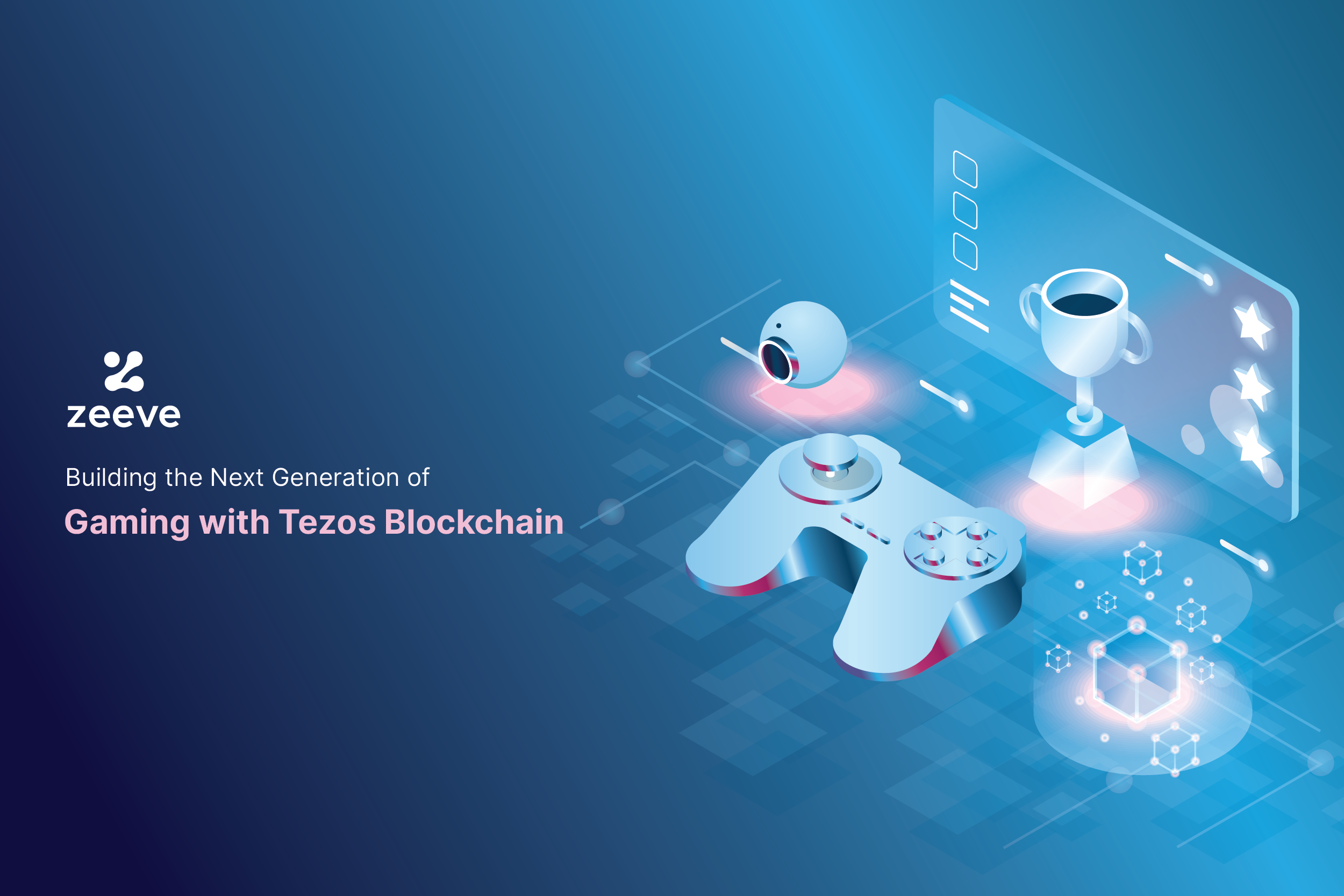
Massive Horizontal Scalability: Ephemeral rollups can be spun up on-demand and scaled horizontally, empowering games to handle millions of transactions per second without bottlenecks or performance degradation.
-
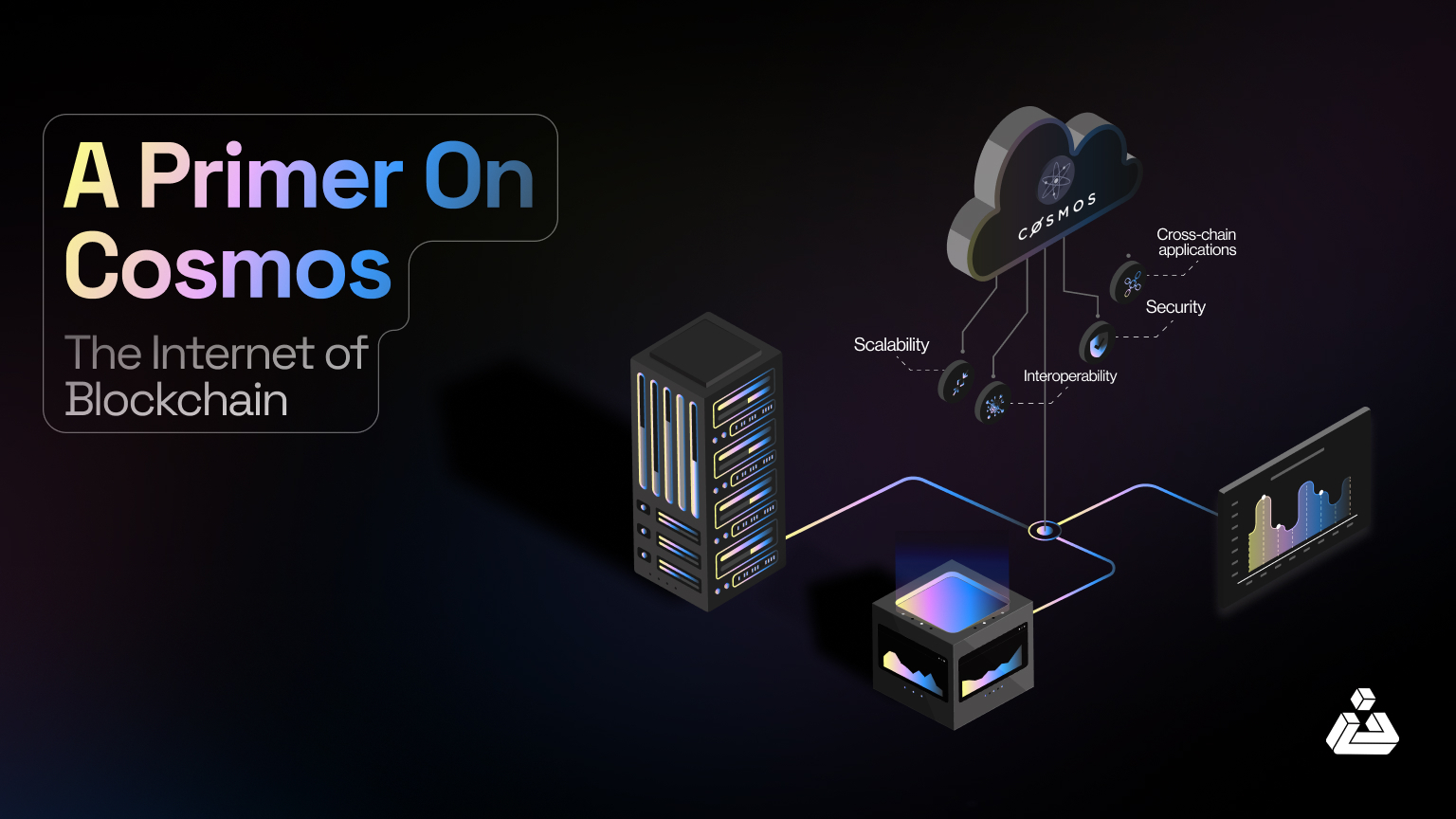
Preserved Composability and Security: By keeping core game logic and state on the main chain, ephemeral rollups maintain decentralized composability and robust security—crucial for interoperable and trustless gaming ecosystems.
-
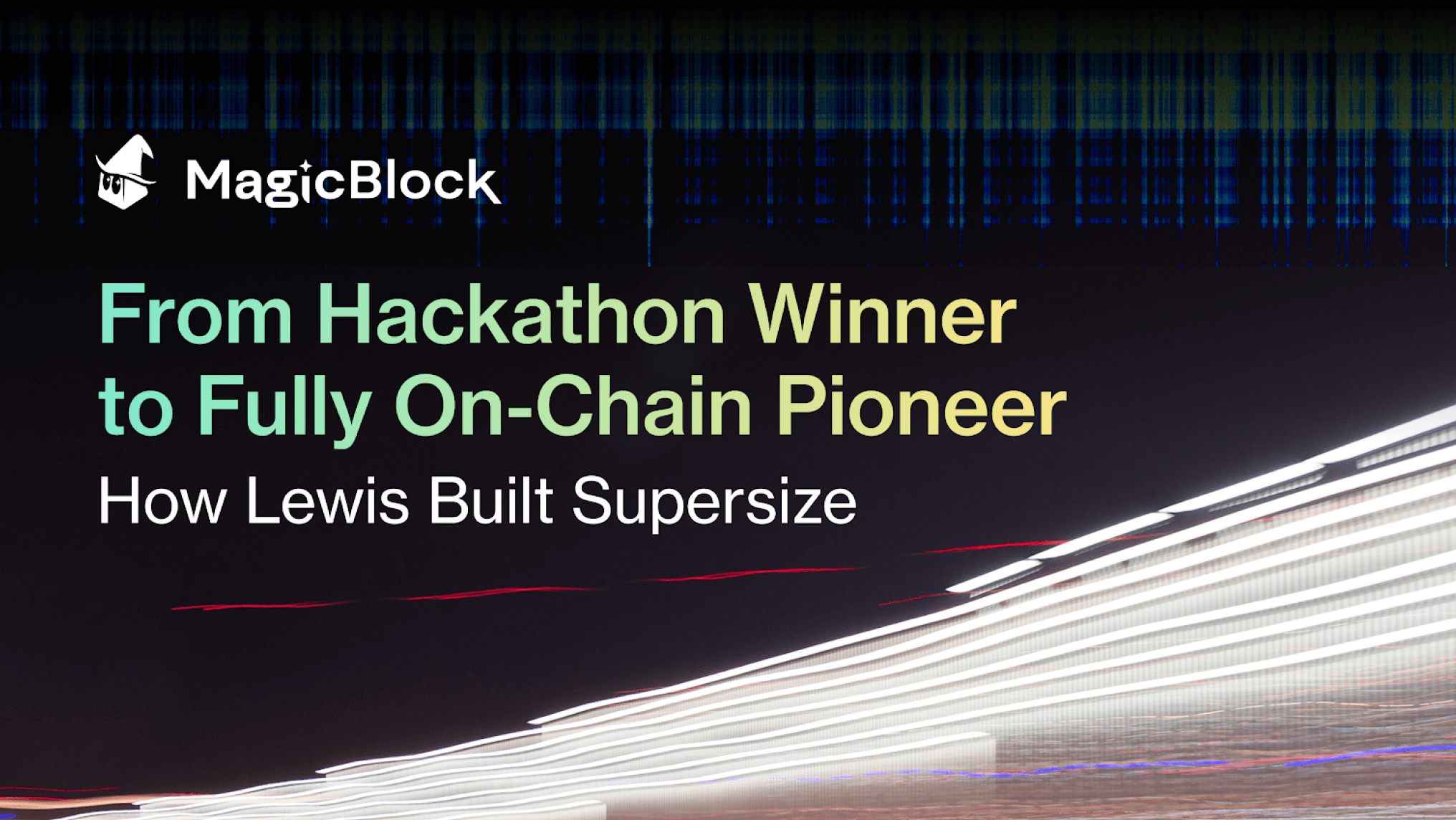
Seamless Real-Time On-Chain Experiences: Games like Supersize and Windfall have leveraged MagicBlock’s ephemeral rollup architecture to operate fully on-chain without sacrificing speed or user experience.
MagicBlock’s implementation leverages a non-voting Solana validator as a transient execution engine. This validator manages game-specific transactions off the main consensus path, achieving end-to-end latencies below 50 milliseconds globally, a quantum leap compared to traditional block times.
After each burst of gameplay interactions, a security committee verifies the resulting state before committing it back to the main Solana chain. This hybrid approach preserves composability, so games can still interact with DeFi protocols or NFT marketplaces while enjoying near-zero transaction costs. For developers building custom app-chains for gaming or experimenting with specialized fee markets in rollups, this architecture opens new frontiers in both performance and economic design.
Transforming Game Design With Temporary Rollup Blockchains
The impact of ephemeral rollups reverberates beyond just speed and cost savings. With fees reduced to nearly zero and performance rivaling centralized servers, developers can craft experiences previously impossible on public blockchains:
- Real-time PvP battles: No more lag between moves; players enjoy instant feedback as if they were playing on a dedicated server.
- Massively-multiplayer economies: Microtransactions become viable at scale, think millions of trades per second without spiking network costs.
- User-generated content: Players can create or remix assets directly on-chain without worrying about gas fees eating into creativity.
This paradigm shift is already visible in projects like Supersize and Windfall, which have harnessed MagicBlock’s ephemeral rollup stack to deliver seamless fully-on-chain gameplay experiences. For an in-depth technical walkthrough of how these systems work under the hood, see our guide here.
What’s most compelling is how ephemeral rollups are redefining the economics of blockchain gaming. By stripping away the friction of per-transaction fees, game designers can reimagine monetization, reward systems, and even governance. The specialized fee markets enabled by these temporary rollup blockchains mean that developers can fine-tune who pays for what, if anything at all. Suddenly, models like ad-sponsored gameplay, community-funded prize pools, or free-to-play with on-chain asset trading become not just viable but optimal.
Developer Tools and Composability: Building the Next Generation of On-Chain Games
The rise of ephemeral rollups has also catalyzed a new wave of blockchain game developer tools. MagicBlock’s SDKs and APIs abstract away much of the complexity around validator orchestration, state verification, and rollup lifecycle management. This lets teams focus on gameplay logic and user experience instead of wrestling with gas optimization or consensus quirks. For studios used to building on web2 infrastructure, the transition to fully on-chain games is now dramatically less daunting.
Top Open-Source Tools for Ephemeral Rollup Development
-
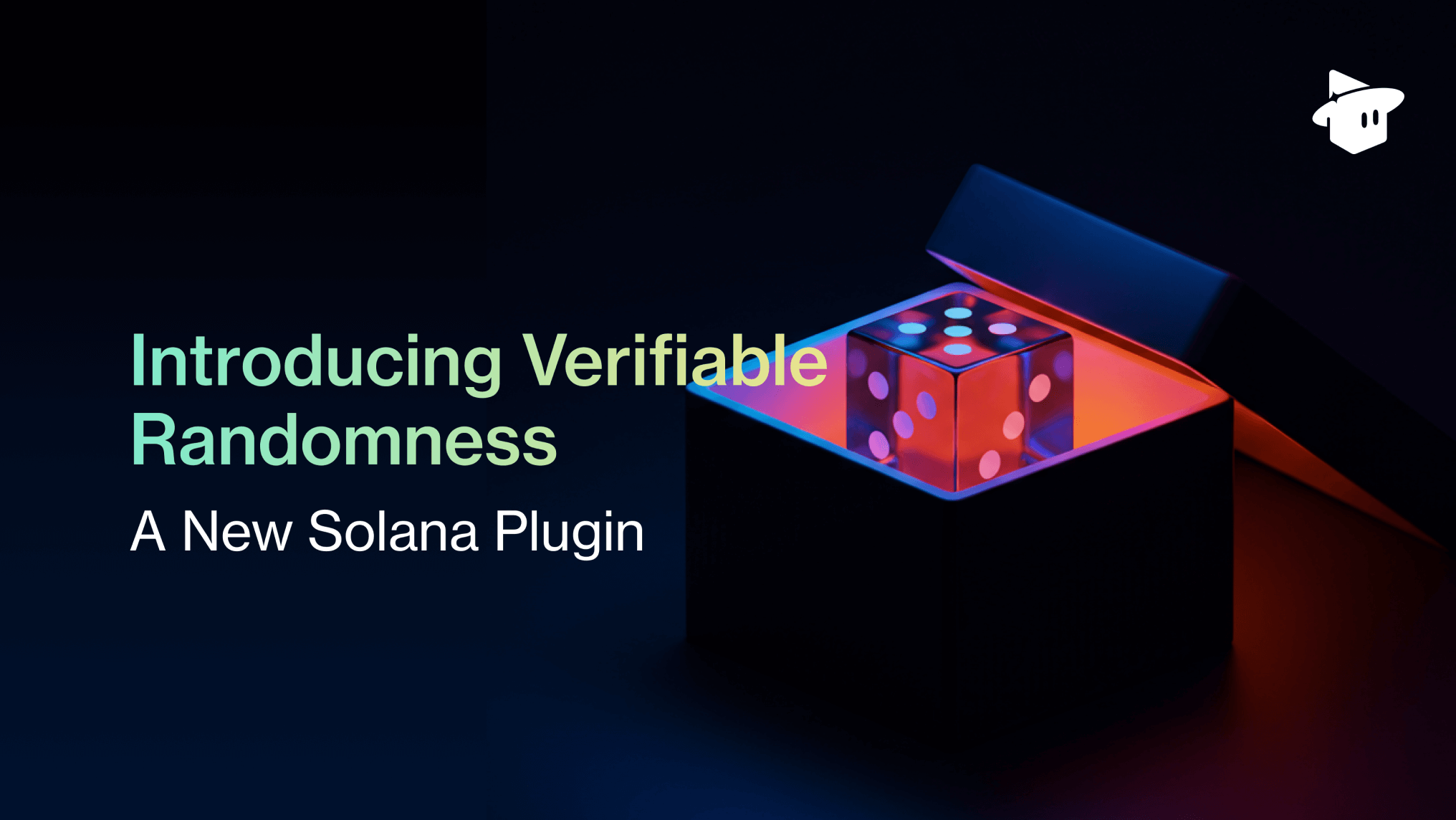
MagicBlock SDK: The MagicBlock SDK is the flagship open-source toolkit for building, deploying, and managing ephemeral rollups on Solana. It provides robust APIs, developer tools, and templates tailored for real-time, zero-fee gaming applications.
-
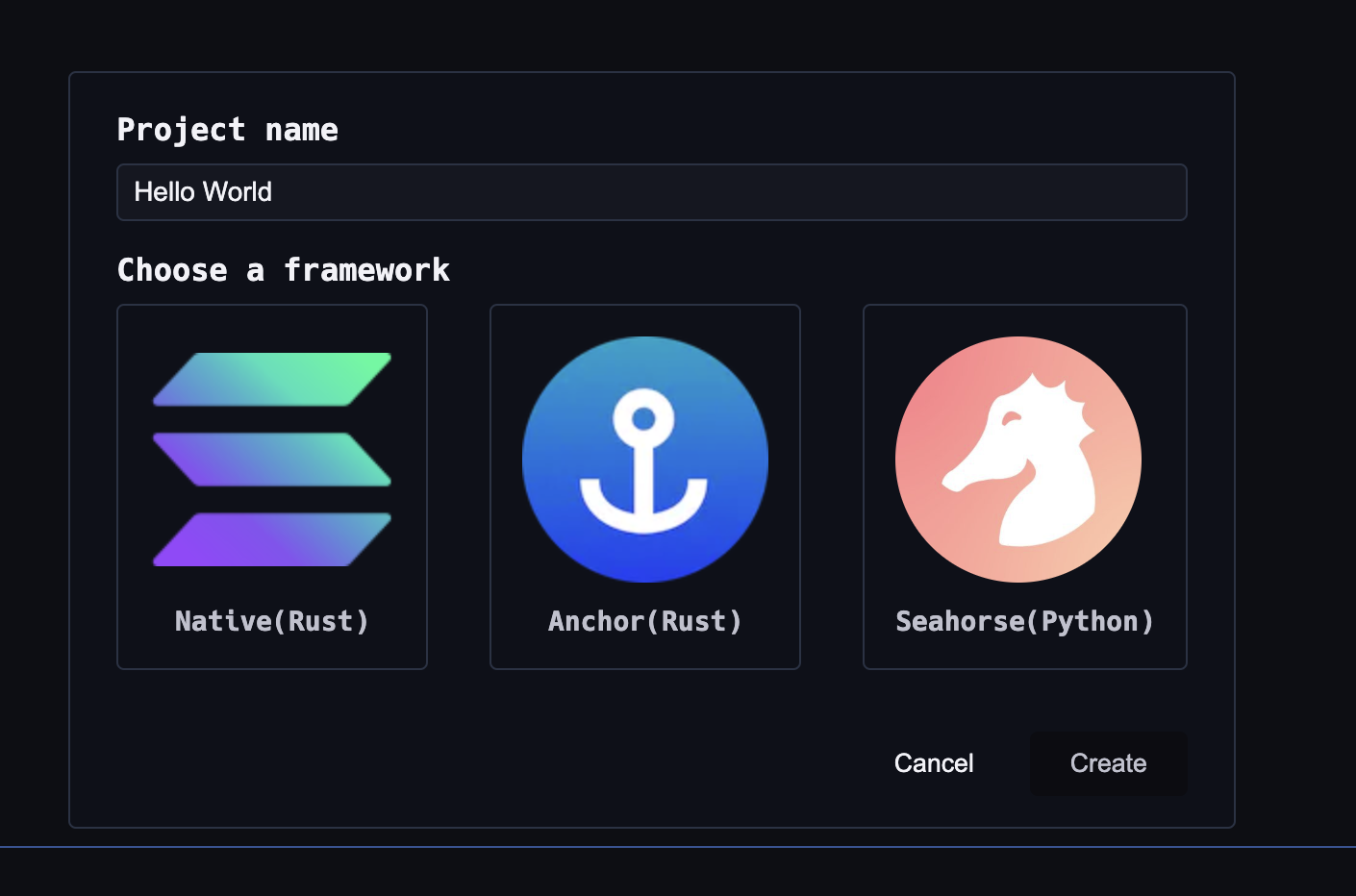
Anchor Framework: Anchor is Solana’s leading open-source framework for smart contract development. It integrates seamlessly with ephemeral rollup environments, streamlining the creation and testing of on-chain game logic.
-
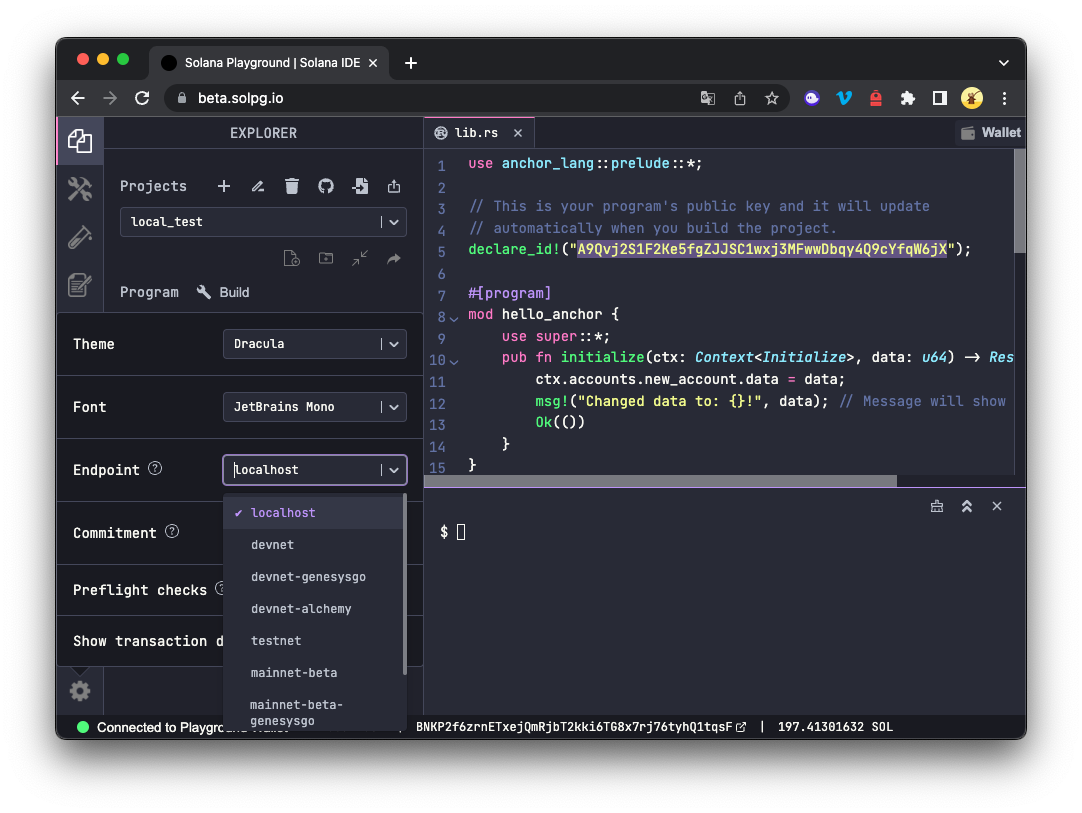
Solana Validator Client: The Solana Validator Client can be configured as a non-voting validator for ephemeral rollup execution, enabling developers to spin up temporary, high-speed environments for transaction processing.
-
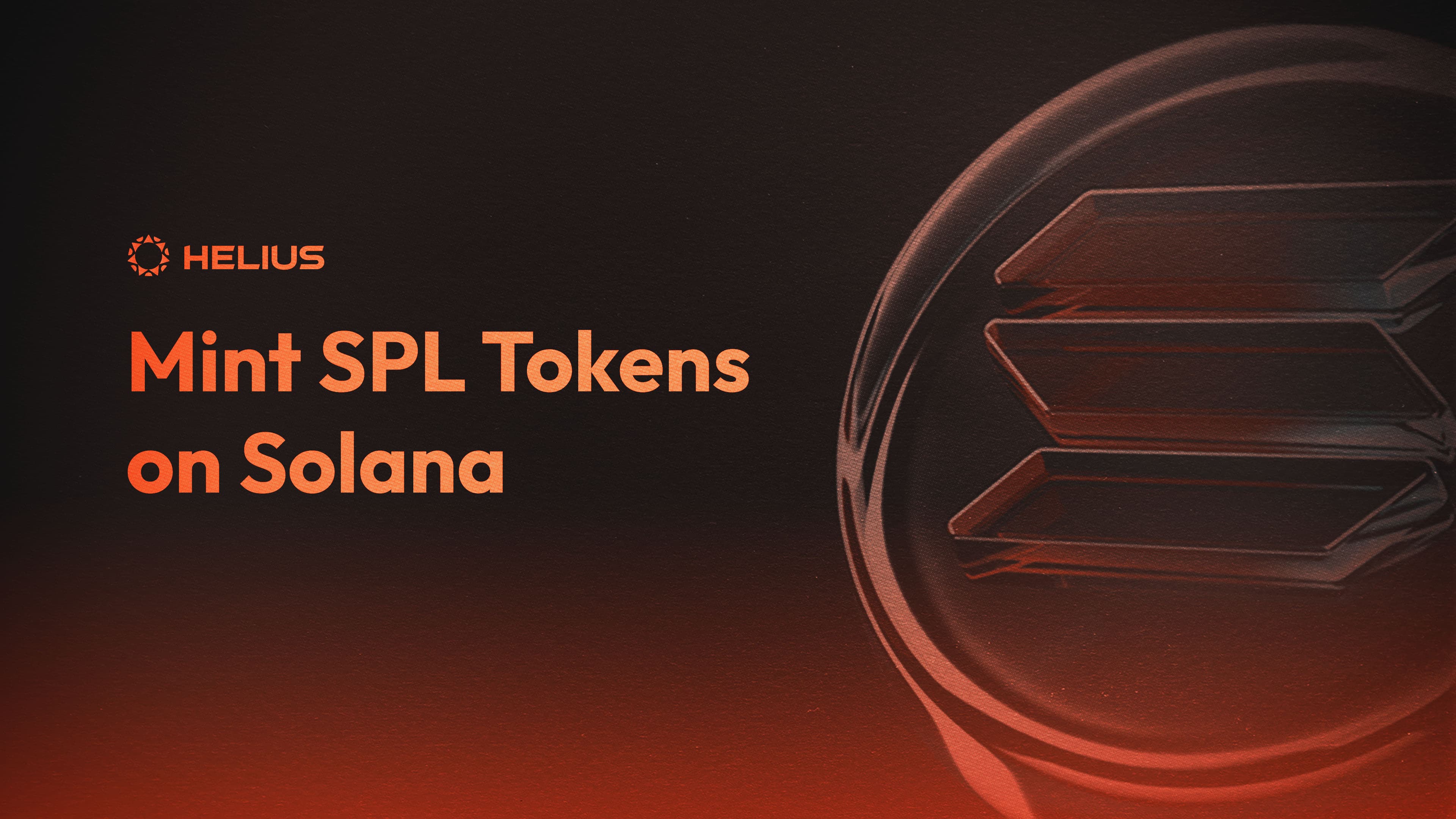
Solana Program Library (SPL): SPL offers a suite of audited, reusable smart contracts and libraries, essential for composing secure and efficient on-chain games within ephemeral rollups.
-
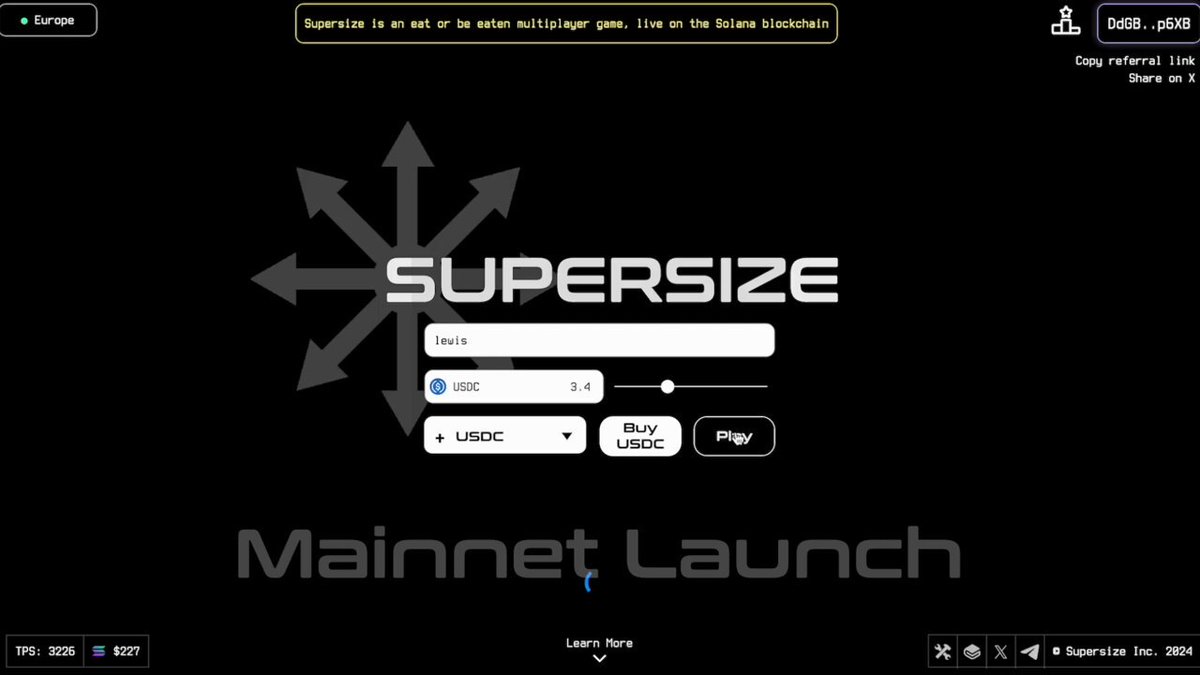
Supersize Game Engine: Supersize is an open-source, fully on-chain game engine built to leverage MagicBlock’s ephemeral rollup architecture, providing real-time state management and zero-fee gameplay.
Crucially, because ephemeral rollups maintain composability with Solana’s mainnet, games can seamlessly tap into existing DeFi protocols, NFT standards, or even cross-game item exchanges. This interoperability is a key differentiator over siloed sidechains or proprietary Layer 2s, and it means that innovation in one game can spill over into the broader ecosystem.
What’s Next for Zero-Fee Blockchain Gaming?
Looking ahead to late 2025 and beyond, MagicBlock’s roadmap points toward an even more decentralized future. With permissionless ephemeral rollups expected by year-end, any developer, not just whitelisted partners, will be able to spin up high-speed execution environments for their games or apps. This could ignite a proliferation of experimental game economies and real-time dApps far beyond gaming: think prediction markets updating in milliseconds or collaborative creative platforms where every brushstroke is on-chain.
The implications for on-chain game scalability are profound. As horizontal scaling becomes trivial, spinning up new rollups as demand spikes, the dream of hosting millions of concurrent players without breaking immersion comes into reach. And as more studios adopt these architectures, expect to see new genres emerge that simply weren’t possible before: persistent MMOs with player-driven worlds that evolve in real time; collectible card games where every shuffle and draw is provably fair; social casinos with instant payouts and transparent odds.
The zero-fee era isn’t just about saving money, it’s about unlocking creative freedom for both developers and players. As ephemeral rollup technology matures, expect the boundary between traditional gaming experiences and trustless on-chain worlds to blur, and ultimately disappear.






